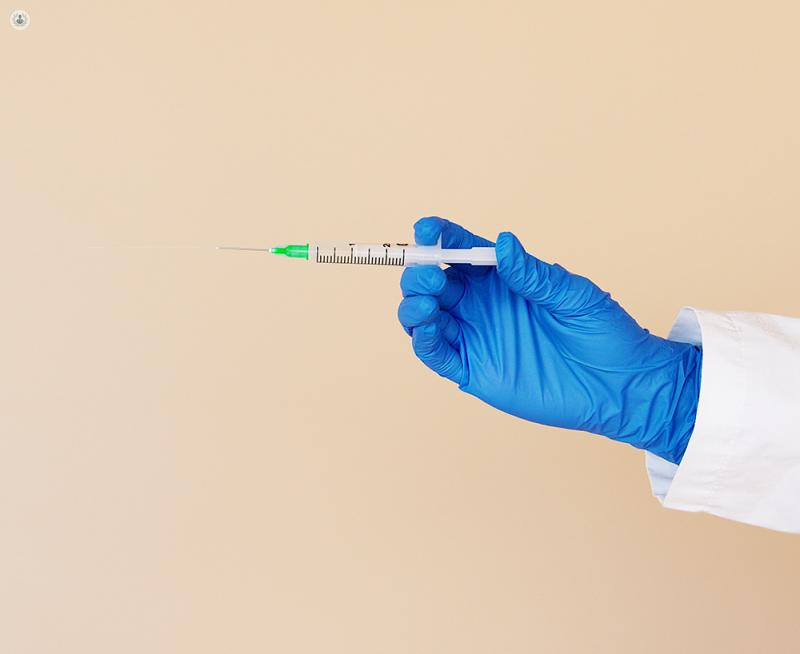Insulin-like Growth Factor 1 (IGF-1)
What is being analysed?
The insulin-like growth factor 1 (IGF-1) is being analysed here. The IGF-1 test measures levels of IGF-1 in the blood. IGF-1 is a hormone that regulates the effects of growth hormone in the body. Together, IGF-1 and growth hormone promote normal growth of bones and tissues.

How is it used?
The IGF-1 test is used to diagnose growth hormone disorders such as growth hormone deficiency, growth hormone insensitivity, gigantism, and acromegaly.
Why is the test done?
The IGF-1 test is a useful way to find out if your body is producing a normal amount of growth hormone.
When is the test done?
Your healthcare provider may order a test if you or your child have symptoms of a growth hormone disorder. Symptoms of growth hormone deficiency or insensitivity in children include: slower growth than other children the same age, shorter height, arms, and legs, and lower weight than other children the same age, small penis in males, fine hair, poor nail growth. Adults with growth hormone deficiency may have symptoms such as fatigue and decreased bone density and muscle mass.
What sample is required?
The IGF-1 test is performed with a blood sample.
Is any preparation needed?
No special preparation is required.
What are the normal values?
Normal IGF-1 values vary by age and sex. In general, IGF-1 levels are higher in men than in women and decrease with age. Normal IGF-1 values in adults range from 115 to 307 ng/mL in men and from 88 to 246 ng/mL in women.
What does it mean to have altered values?
IGF-1 levels can be higher or lower than normal due to a variety of disorders, such as growth hormone deficiency, growth hormone insensitivity, gigantism, and acromegaly. Your healthcare provider will interpret the results of the IGF-1 test in the context of your symptoms and other test results.